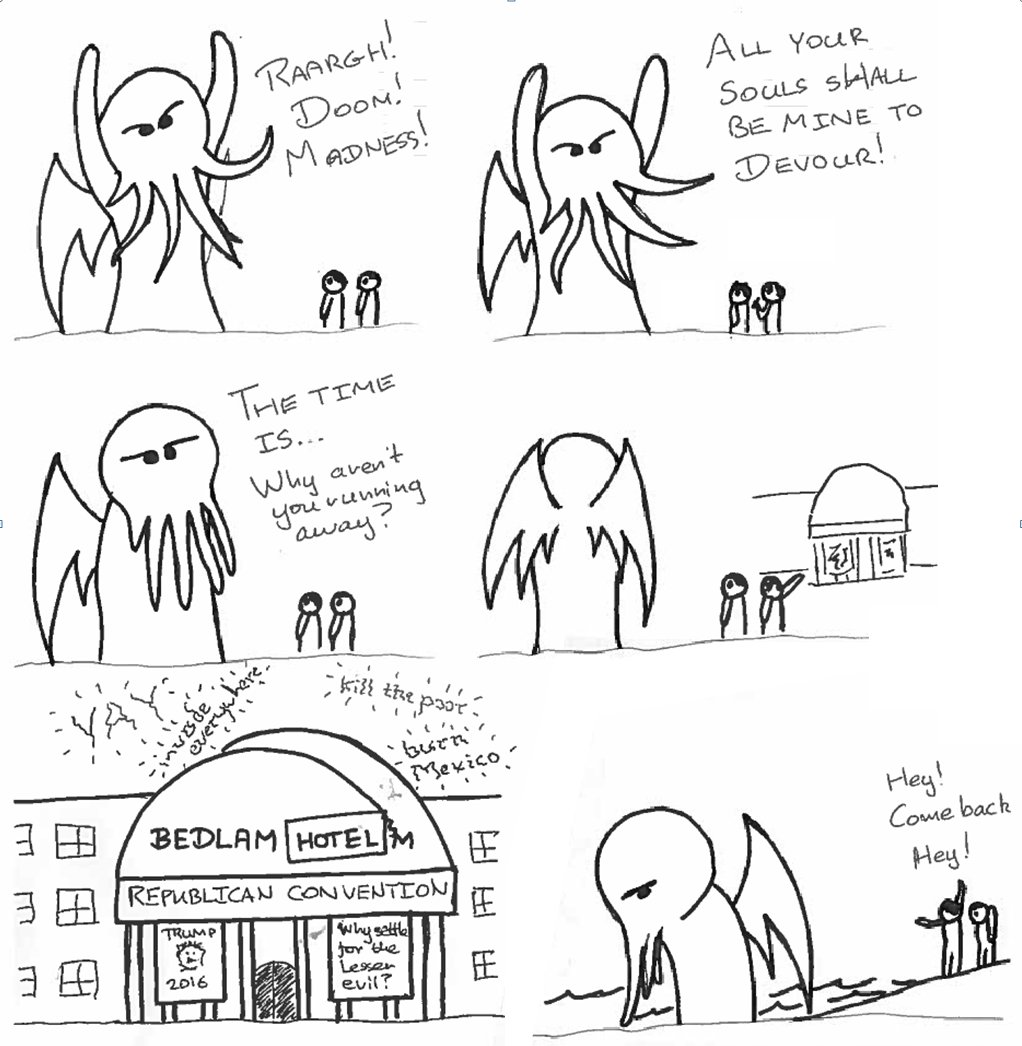Review: The Light Years by RVV Greene (10/08/2021)
Title: The Light Years
Author: R.V.V.Greene
Publisher: Angry Robot
Premise: A little over a thousand years from now, mankind has fled a dying Earth and founded a dozen or so colonies that now communicate and trade via sub-light Trade Ships. This wasn’t always the case, but the secret of “worm drives,” along with a lot of other dying Earth technology, has been lost. Thanks to relativity, the people who crew these ships experience history differently – while a few months may pass on a round trip between two colony worlds, twenty years may have passed on the worlds themselves. Some people live their lives on the trade ships, others work a few trips as crew and then settle on a colony world, the lives they left behind now relegated to history.
One such ship is the Hajj. Aboard, Adem Sadiq is a life-long crew member and a part of the family that controls and flies the Hajj. It is (for reasons that become clear quite quickly but aren’t exactly what they initially seem), time for Adem to get a wife. This is arranged by his family – but, because of the relativity effect, said arrangement is made before said wife is even born. Said wife is then genetically tailored and educated according to the design of Adem’s family. Enter Hisako, the co-protagonist of The Light Years.
Execution: The differing perspectives on history between those who see it unfold at different speeds combined with the designer bride idea gel together well and feel coherent. The first half of the book concerns itself with Hisako growing up, being educated, being talented, discovering that she’s a contract bride and trying to come to terms with this while the society around her creaks ever more at the seams from the constant influx of refugees from other (failing) colony worlds. Meanwhile, Adem is pootling around space in his family spaceship, noticing much the same general decline but more preoccupied with making music. Oh, and there’s a secret plot afoot and a villain aboard, both of which unfold with a sense of inevitability rather than as surprise twists, and neither of which directly involve Adem for quite a while. Eventually Hisako comes aboard and events unfold steadily towards their predestined (again, no great twists or surprises) conclusion.
Either of The Light Years twin premises could sustain an entire novel on their own and possibly an entire trilogy. It’s also a short book, and as a result The Light Years tends to touch on the surface of the questions it raises but never goes in deep. The arranged marriage between Hisako and Adem, for example: Hisako clearly had no say in the matter, Adem is largely going along with what’s been asked of him, yet they both remain largely calm and rational about their situation. The Light Years does a lot of good work setting up why they both have mixed feelings about it: Hisako might never have ever existed without it and has lived a somewhat privileged life because of it, while Adem was quite happy with his other lovers. When Hisako comes aboard, the crew (particularly Adem), fall over themselves once she’s aboard to give her has much space and freedom and agency as they possibly can; while at the same time the story never forgets that she’s had little choice in the decisions that have defined her life. However, it then largely leaves this hanging as a philosophical question for the reader rather than trying to dig into the meat of its own premise. It repeats this pattern throughout, the overall result being a sense of a lot of well-constructed questions for which the narrative doesn’t attempt to offer any answers.
Personal summary: The Light Years feels like the opening volume of a series: well-constructed concepts set up to be explored in depth in later instalments along with two central characters forced into a relationship but whom I never felt I got to know. The result for me was thought-provoking read rather than one that engages on an emotional level.
Narration: In keeping with the dual protagonist approach of the story, the audio production uses two narrators, one for Adem’s chapters and one for Hisako. Both narrators are clear and offer a ‘deliver the story’ rather than ‘deliver a performance’ approach to the narration (those who tend to listen with a high level of background noise may appreciate that delivering a ‘performance’ isn’t always a good thing). The dual narrator approach has the significant drawback that none of the background characters end up having any distinction – everything is either in Adem’s voice or Hisako’s voice. As a consequence, I occasionally lost track of which character was speaking whenever there were more than two characters in a scene. In my recording, there was a chapter towards the end that is repeated, once in each voice.
Disclaimer: This review was based on an Audible download provided for free by the publisher in exchange for an honest review.
General notes on my approach to reviews are here: Review Philosophy (03/08/2021) | Stephen Deas.







